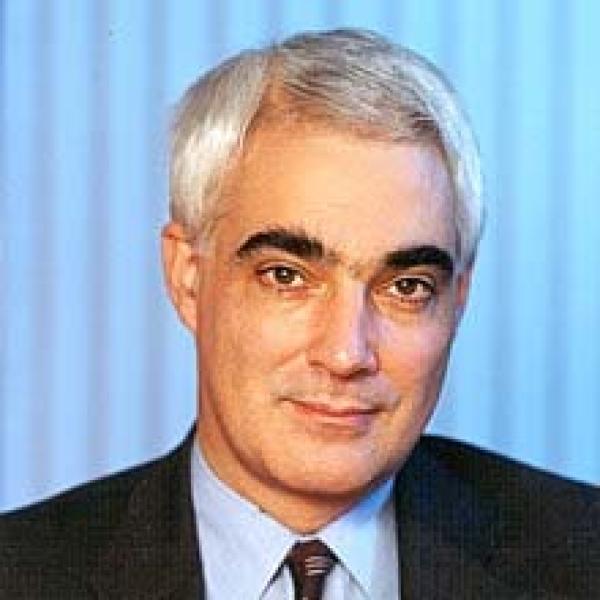In recent years there has been a growing realisation in government that policy should be empirically evaluated, before, during and after implementation. This means that, if a policy is aimed at individuals (like, for example, the new Working Families' Tax Credit) or firms (like the R&D Tax Credit), then data about individuals or firms need to be gathered and analysed, and the impact of the policy understood.
In some respects the UK is in quite good shape. The government collects large sets of valuable data about the state of society, which could help to formulate properly targeted policies that people really need. Unfortunately, the number of people in government and elsewhere qualified to carry out the necessary analysis is inadequate; as Gordon Marshall, Chief Executive of the ESRC, puts it, ӂritish universities and colleges are not producing quantitatively competent social scientists in sufficient numbers.ԠA recent report by the Cabinet Office's own Performance and Innovation Unit into the use of analytical and modelling techniques in government concluded that whilst macroeconomic skills were good, analysis of microeconomic and microsocial data was less than state of the art.With this in mind, the Leverhulme Trust is funding a new centre, to be launched on 6th December 2001. Its goals are to develop improved methods for the statistical analysis of microdata and to encourage good practice amongst academics and practitioners. The centre, a joint venture by the Institute for Fiscal Studies and the Economics Department of University College London will take a detailed look at advanced methods for working with microdata and disseminate this information throughout the policy and academic world.
Many types of research today benefit from the use of microdata, collections of data about individuals, gathered using large surveys. This kind of data about large numbers of people can be used to build a more accurate picture of our social and economic environment and of people's behavioural patterns, information that makes a crucial contribution to informed policy making. Statistical analysis of large sets of data is used in fields as diverse as epidemiology, economics and many other social sciences anywhere where we want to discern patterns from large and complex sets of information. Familiarity with methods for analysing and understanding microdata is an invaluable tool to researchers in many areas, but currently such skills are in short supply in the UK. Many social scientists and those involved in forming policy have less expertise in statistics than their transatlantic or European counterparts.
The centre will run courses at several levels, from master-classes for postdoctoral researchers to practical statistical techniques for government officials. With core funding from the Leverhulme Trust, cemmap is developing links with experts at home and abroad, whose visits to the centre will provide a forum for sharing knowledge and collaborating on new ideas.
In this spirit of international co-operation and learning, year 2000 Nobel Laureates, Professor James Heckman (University of Chicago) and Professor Daniel McFadden (University of California, Berkeley) will speak at cemmap's launch. Professors Heckman and McFadden were awarded the Prize in recognition of their seminal work in laying the foundations for this kind of analysis, which has been pioneered in America, but whose benefits can be extended to benefit the UK through a more intelligent approach to evidence-based policy.
Other speakers will reflect upon the vital importance of the analysis of microdata in government and business. They are: Professor Richard Blundell (Institute for Fiscal Studies and University College London), Evan Davis (Economics Editor, BBC), Sir Andrew Turnbull (Permanent Secretary to the Treasury), Baroness Sarah Hogg (Chairman, Frontier Economics), Susan Linacre (Director, Methodology and Statistical Development, Office for National Satistics), Professor John Vickers (Director General, Office of Fair Trading).
| Ends |
Notes to Editors
- More information about cemmap can be found on its website.
- The Centre will be launched at a conference on Thursday 6th December. For more details, contact Emma Hyman.









